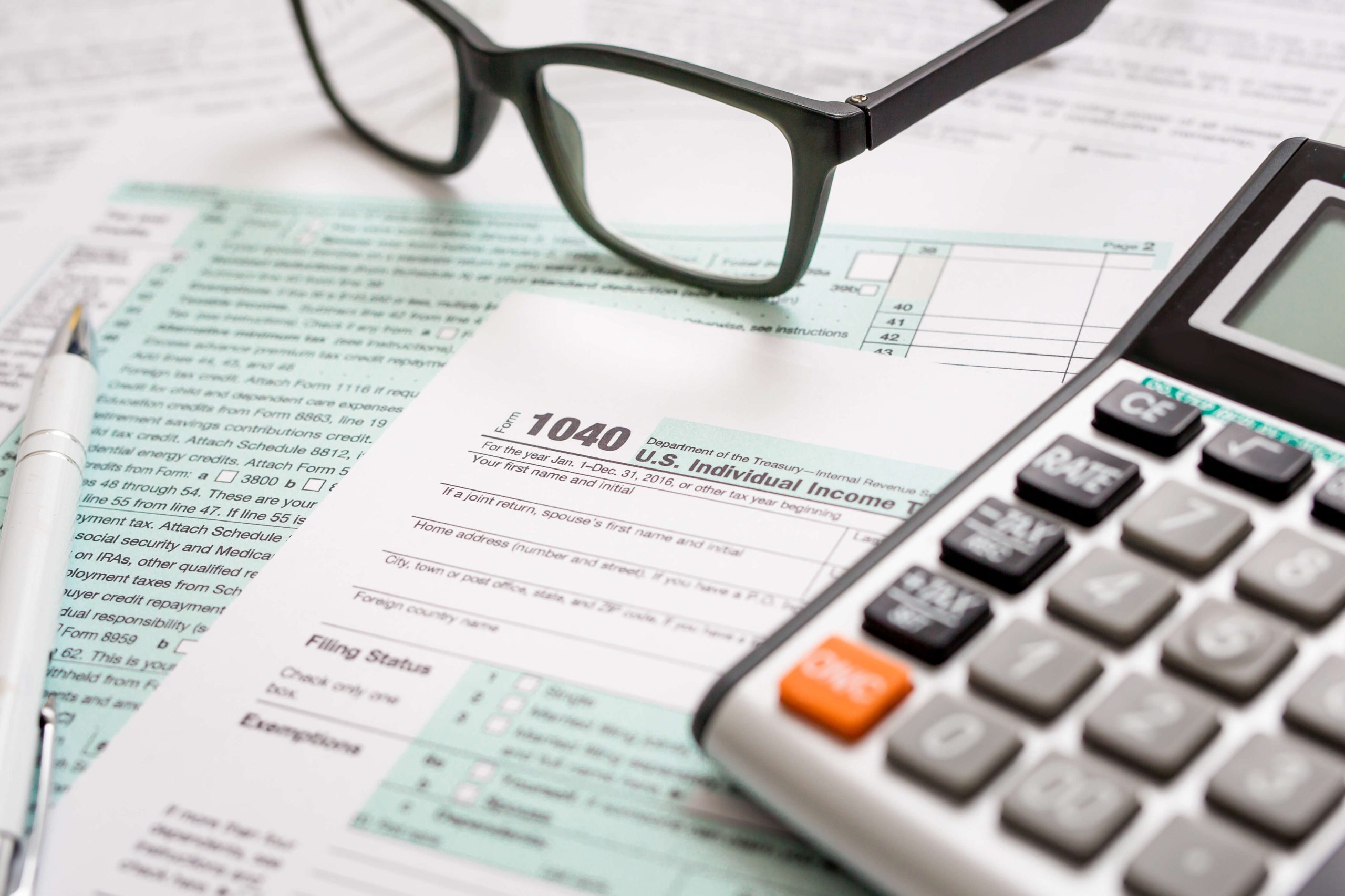Quick Hits
- The IRS has released a “preliminary list” of occupations that “customarily and regularly” receive tips that are eligible for the new tax deduction for tipped wages introduced by the OBBB Act.
- The “No Tax on Tips” provision under the OBBB Act allows eligible employees to deduct qualified tips from their taxable income, with a cap of $25,000 per year from 2025 to 2028.
- A preliminary list of sixty-eight tipped occupations includes unexpected roles such as dishwashers and plumbers, with a final list expected by October 2, 2025.
- The IRS has further unveiled a new draft Form W-2 that implements the changes introduced by the OBBB Act.
OBBB Act ‘No Tax on Tips’
Under the “No Tax on Tips Provision,” effective 2025 through 2028, employees and self-employed workers may deduct qualified tips received while working in occupations that customarily and regularly receive tips as specified by the IRS. “Qualified tips” are defined as voluntary cash or charged tips paid by customers or received through tip sharing.
Eligible tipped employees, including those who itemize and do not itemize their taxes, can claim a tax deduction up to $25,000 per year. Employers with tipped employees must file information returns with the IRS or Social Security Administration (SSA) and provide statements to employees showing their cash tips received and occupation.
Tipped Occupations
The “preliminary list” sets forth “occupations that customarily and regularly received tips on or before December 31, 2024” and provides codes for tax reporting purposes. The OBBB Act requires the Treasury Department to publish the final list by October 2, 2025. However, while the “preliminary list” is not final, the Treasury Department and IRS said they “anticipate that the official proposed list will be substantially the same as this preliminary list.”
Significantly, the list includes some occupations, such as dishwashers, cooks, plumbers, and electricians, that are not typically considered as jobs that “customarily and regularly” receive tips by the U.S. Department of Labor (DOL) for purposes of the Fair Labor Standards Act (FLSA).
The preliminary list identifies sixty-eight distinct occupation codes under eight industry categories.
Beverage and Food Service
- “Bartenders”
- “Wait Staff”
- “Food Servers, Nonrestaurant”
- “Dining Room and Cafeteria Attendants and Bartender Helpers”
- “Chefs and Cooks”
- “Food Preparation Workers”
- “Fast Food and Counter Workers”
- “Dishwashers”
- “Host Staff, Restaurant, Lounge, and Coffee Shop”
- “Bakers”
Entertainment and Events
- “Gambling Dealers”
- “Gambling Change Persons and Booth Cashiers”
- “Gambling Cage Workers”
- “Gambling and Sports Book Writers and Runners”
- “Dancers”
- “Musicians and Singers”
- “Disc Jockeys, Except Radio”
- “Entertainers and Performers”
- “Digital Content Creators”
- “Ushers, Lobby Attendants, and Ticket Takers”
- “Locker Room, Coatroom, and Dressing Room Attendants”
Hospitality and Guest Services
- “Baggage Porters and Bellhops”
- “Concierges”
- “Hotel, Motel, and Resort Desk Clerks”
- “Maids and Housekeeping Cleaners”
Home Services
- “Home Maintenance and Repair Workers”
- “Home Landscaping and Groundskeeping Workers”
- “Home Electricians”
- “Home Plumbers”
- “Home Heating and Air Conditioning Mechanics and Installers”
- “Home Appliance Installers and Repairers”
- “Home Cleaning Service Workers”
- “Locksmiths”
- “Roadside Assistance Workers”
Personal Services
- “Personal Care and Service Workers”
- “Private Event Planners”
- “Private Event and Portrait Photographers”
- “Private Event Videographers”
- “Event Officiants”
- “Pet Caretakers”
- “Tutors”
- “Nannies and Babysitters”
Personal Appearance and Wellness
- “Skincare Specialists”
- “Massage Therapists”
- “Barbers, Hairdressers, Hairstylists, and Cosmetologists”
- “Shampooers”
- “Manicurists and Pedicurists”
- “Eyebrow Threading and Waxing Technicians”
- “Makeup Artists”
- “Exercise Trainers and Group Fitness Instructors”
- “Tattoo Artists and Piercers”
- “Tailors”
- “Shoe and Leather Workers and Repairers”
Recreation and Instruction
- “Golf Caddies”
- “Self-Enrichment Teachers”
- “Recreational and Tour Pilots”
- “Tour Guides and Escorts”
- “Travel Guides”
- “Sports and Recreation Instructors”
Transportation and Delivery
- “Parking and Valet Attendants”
- “Taxi and Rideshare Drivers and Chauffeurs”
- “Shuttle Drivers”
- “Goods Delivery People”
- “Personal Vehicle and Equipment Cleaners”
- “Private and Charter Bus Drivers”
- “Water Taxi Operators and Charter Boat Workers”
- “Rickshaw, Pedicab, and Carriage Drivers”
- “Home Movers”
New IRS Form W-2
On August 15, 2025, the IRS unveiled a new draft of the 2026 Form W-2, including changes made by the OBBB Act. Specifically, the draft form includes a new Box 14b for “Treasury tipped occupation code.” Box 14a contains the old Box 14. The draft form also adds to Box 12 the ability for employees to report “TP” or “Total amount of qualified tips” for purposes of the tax deduction. The form instructs employees to claim the deduction using a Schedule 1-A (Form 1040).
Next Steps
Employers in relevant sectors may want to take note of the preliminary list and prepare for the forthcoming regulations. It is essential to understand which occupations within an organization may qualify for the “No Tax on Tips” provision and to ensure compliance. The Treasury Department and the IRS will request public comments on the official proposed list of occupations and other aspects of the proposed regulations. Employers may want to participate in this process to provide feedback and seek clarifications.
Ogletree Deakins’ Employment Tax Practice Group will continue to monitor developments and will provide updates on the Employee Benefits and Executive Compensation, Employment Tax, Hospitality, Retail, and Sports and Entertainment blogs as additional information becomes available.
Follow and Subscribe
LinkedIn | Instagram | Webinars | Podcasts












